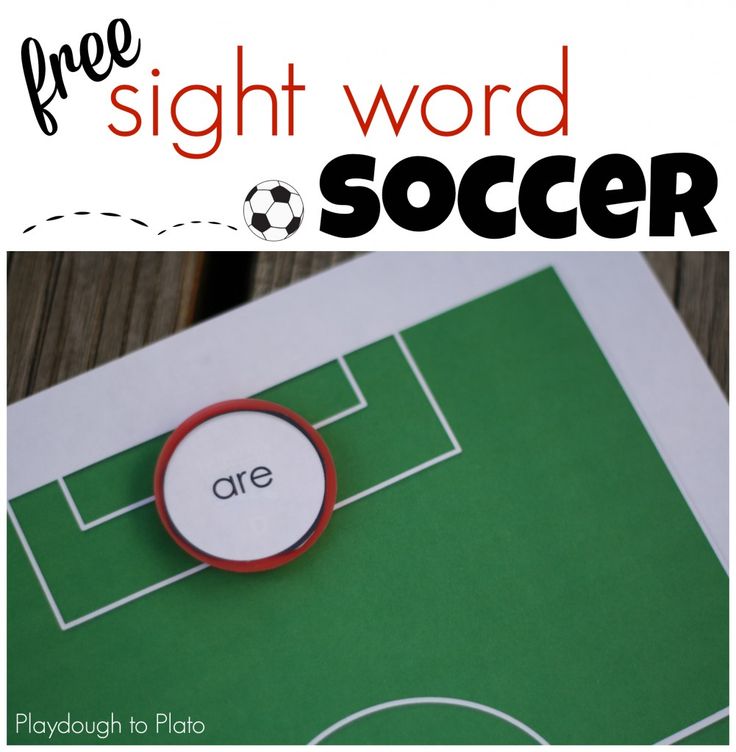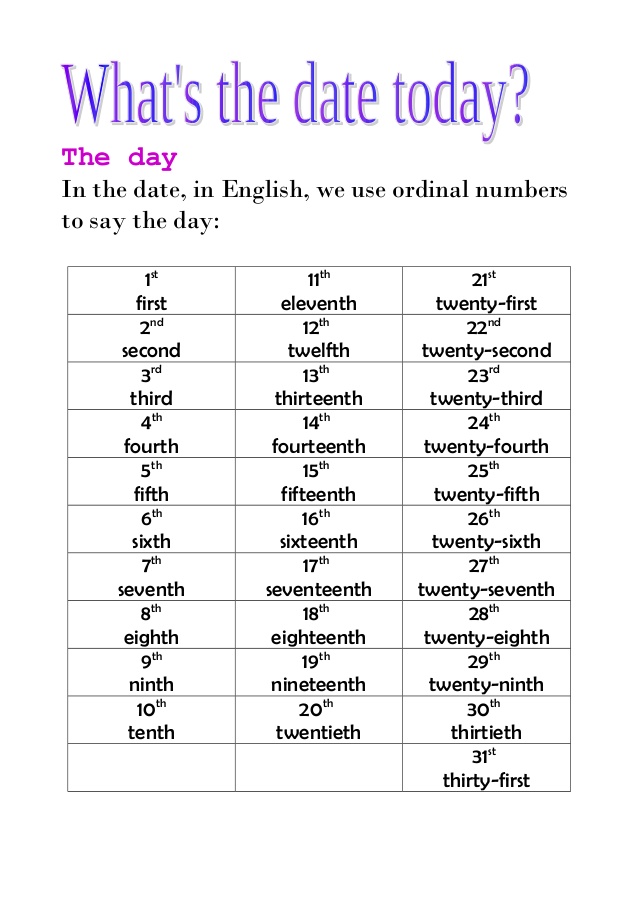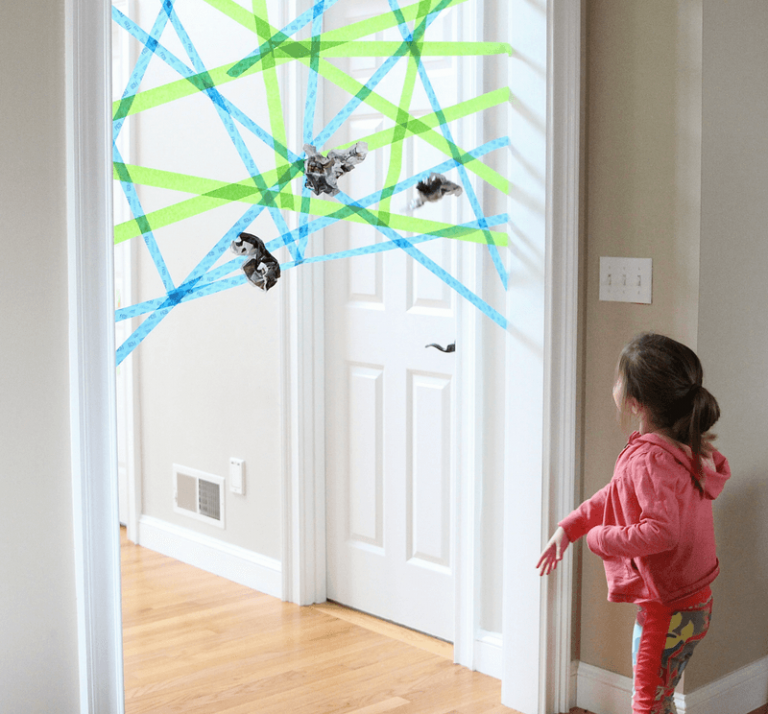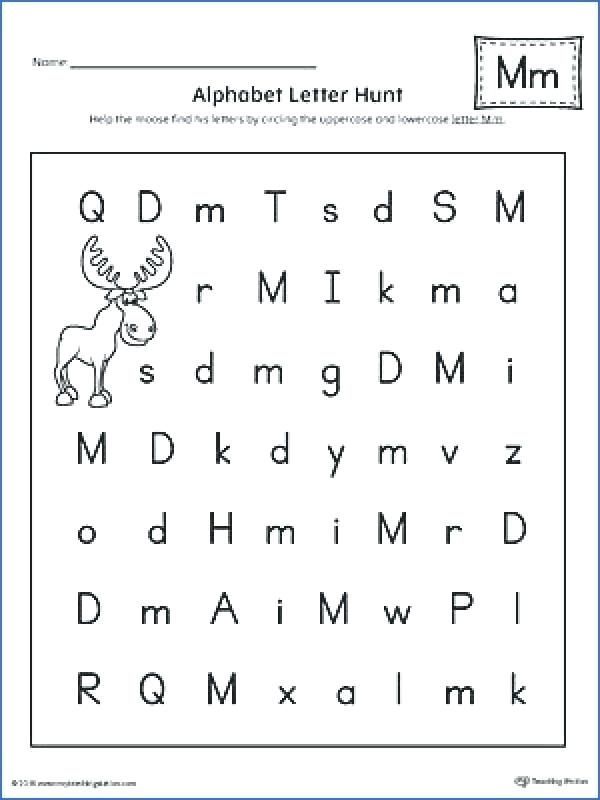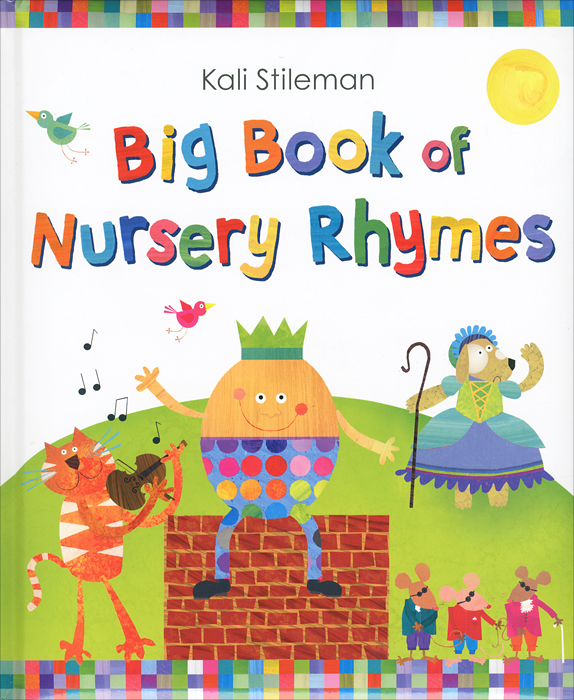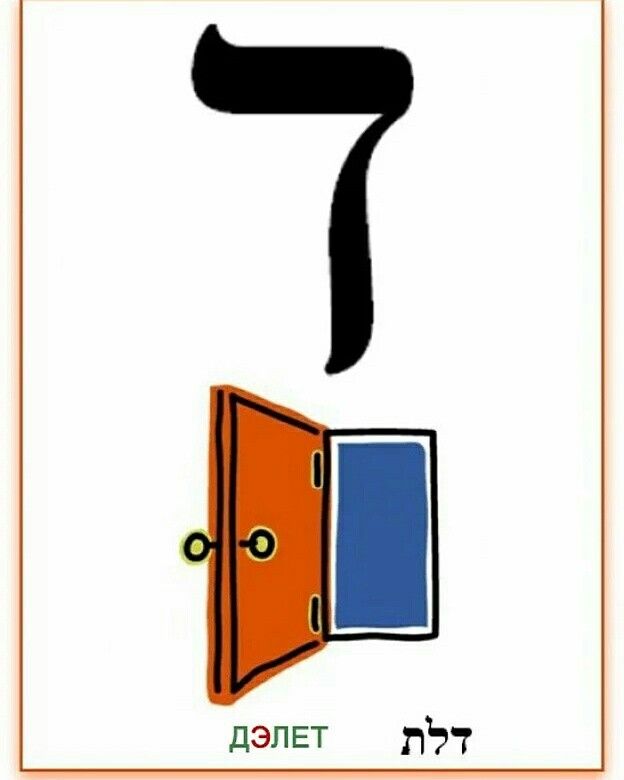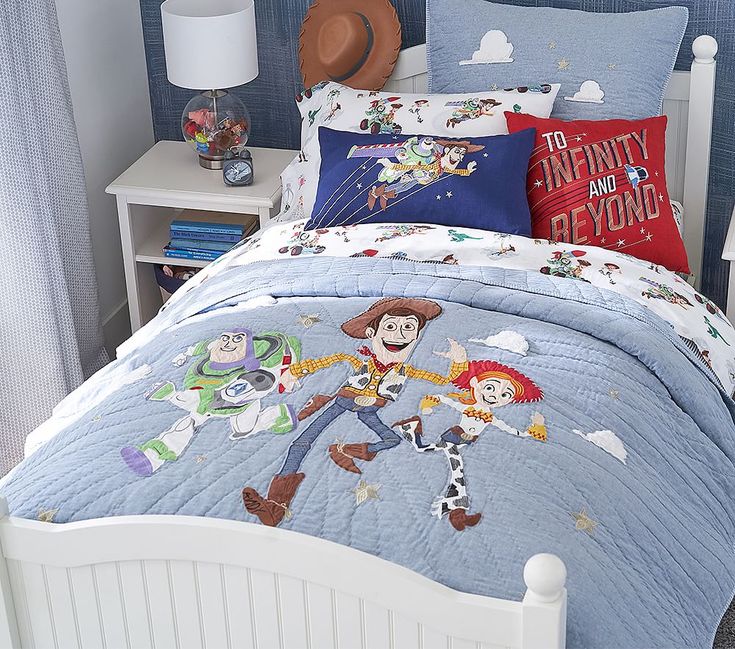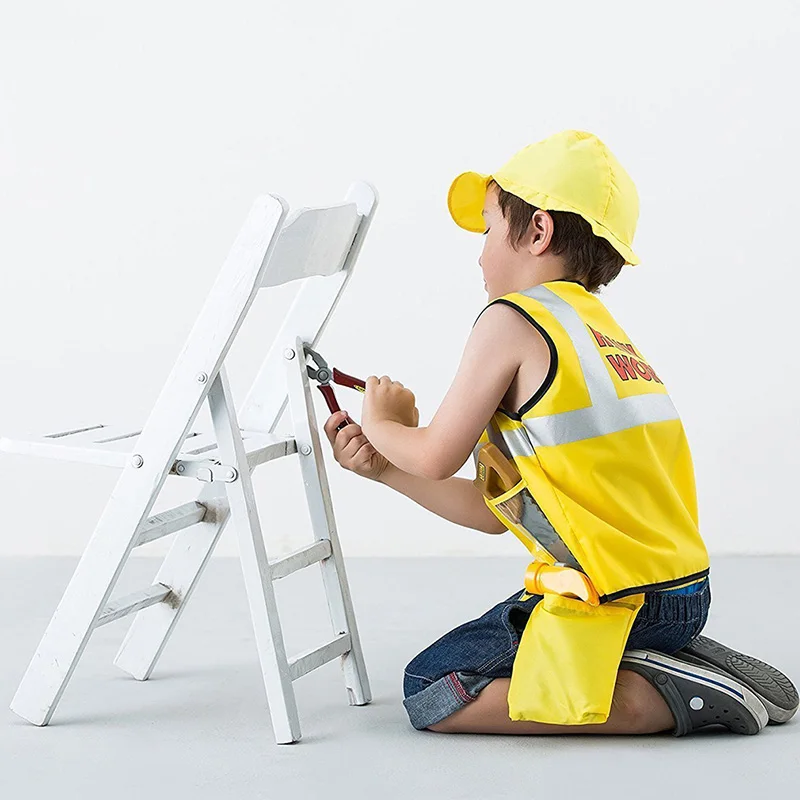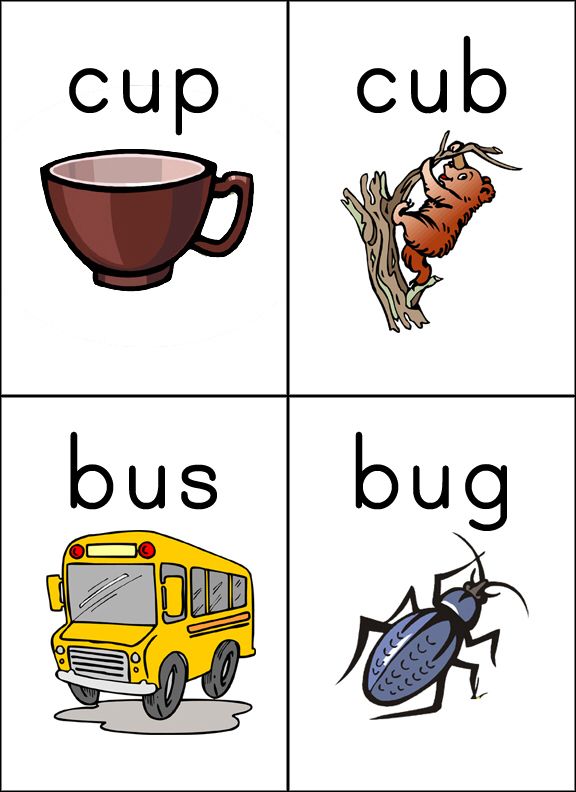Kids sight word games
20 Sight Word Games, Activities, and Reading Ideas
If your child is learning to read, then you know that sight words are high-frequency words common in most text, words like the, and, they, or she. Knowing these words at a glance makes reading easier. Here you’ll find sight word games, apps, multi-sensory activities, and reading ideas. I recommend trying multiple approaches to engage your child’s different modalities of learning these words.
Also, it’s important to note that schools generally use either the Dolch or the Fry Sight Word lists. The lists are slightly different so make sure you know which one to use.
GAMESGames bring an element of fun and playfulness to learning. Since many of these games ask for sight word playing cards, make your own using index cards or download free printable cards here for the Dolch list and here for the Fry list.
Memory
Make your own card deck with two of each sight word. Shuffle. Place the cards face down in rows. When it’s your turn, turn over two cards and try to get a matching pair. If you don’t have a match, turn the cards back over. The winner is the player with the most pairs. (See example on Frogs, Snails and Puppy Dog Tails.)
Bingo
Download premade bingo cards grouped by levels of sight words here. Or, make your own bingo cards with the specific group of words your child is learning.
Scavenger Hunt
Make a list of sight words and a corresponding sticky note for each word on the list. Have your child find the sticky note somewhere in your house and match the word with the corresponding word on the master list.
Go Fish
We played this game a lot when my youngest learned her words. Make a set of sight word pairs (or make four like the original game) for each word. You’ll probably want at least 30 cards. Deal out five cards to each player. Play using the Go Fish rules — either looking for two or four cards to make a set.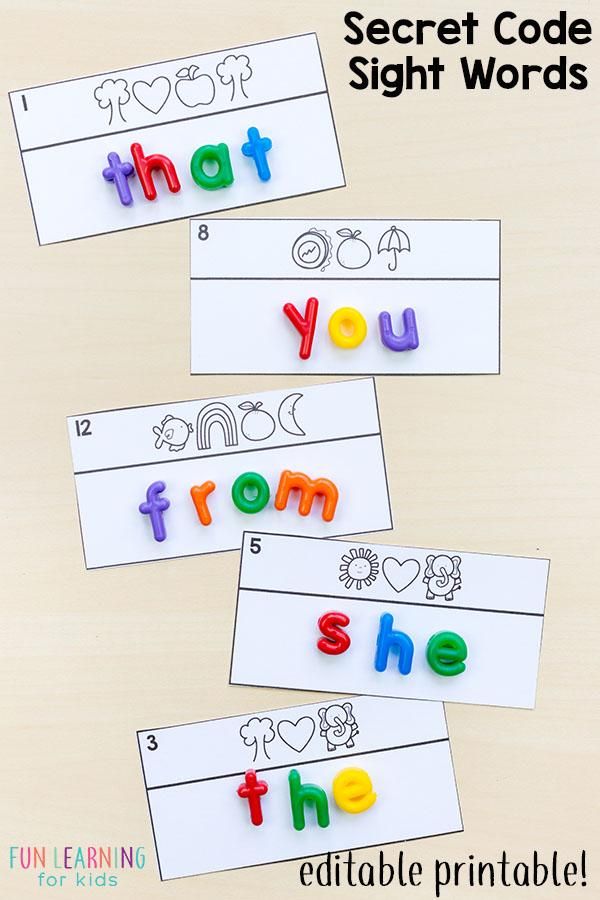
Ukloo
We love this store-bought treasure hunt because it helps kids practice reading sight words. The game clues come in three levels, each has clues written primarily with sight words. We made it inexpensive by finding the silliest “treasures” we could find such as a gum wrapper or paper clip.
Zingo!
Kids won’t even care they’re practicing sight words because this Bingo game makes practice such a blast.
Technology often motivates kids to learn, which is why sight word apps can be a helpful tool. Try these learning apps and see which one your child enjoys most.
Bob Books Reading Magic Sight Words
Read the highlighted word in a sentence and practice writing by dragging the letters to the spaces at the bottom.
Gappy Learns Reading
Fill in the missing letter or letters to make bridges for the rabbit to cross and get home. Includes both three letter words and sight words.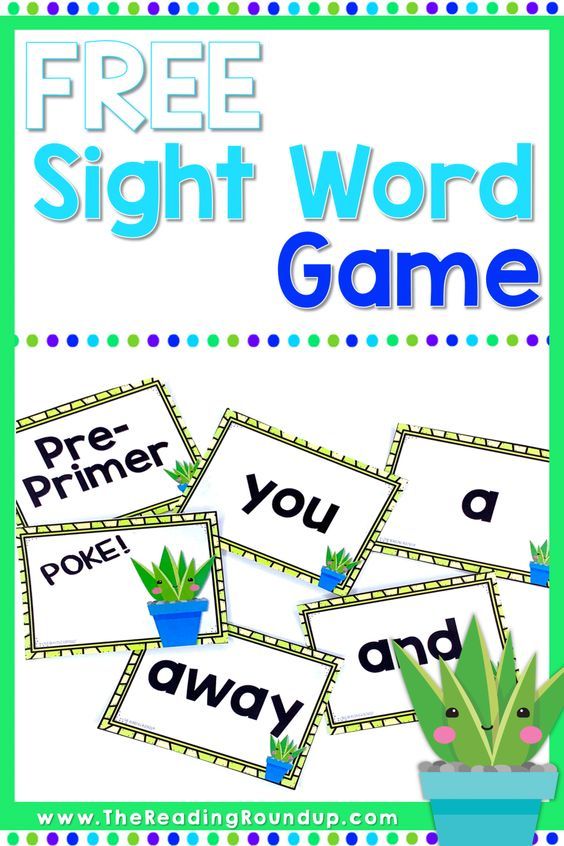
The Sight Word Adventure
Play 10 fun games such as whack-a-mole, letter scramble, and hide-and-seek to practice 320 sight words at five levels.
Sight Word Games
With a section for learning and one for playing games, this new app from This Reading Mama gives kids more ways to practice their words, including Hangman and Bingo.
Sight Word Bingo
My kids loved the cute monsters in this entertaining Bingo game that uses the Dolch words.
We have many senses other than our visual and auditory senses that can be engaged for optimum learning. These activities add in movement and touch.
Chants
With these chants, your child will work to learn the words while moving and acting like an animal.
Play Dough Mats
Using play dough and a sight word mat, make the letters of each sight word. Then write the words below.
Magnet Letters
Make your sight words on a magnetic surface using magnetic letters.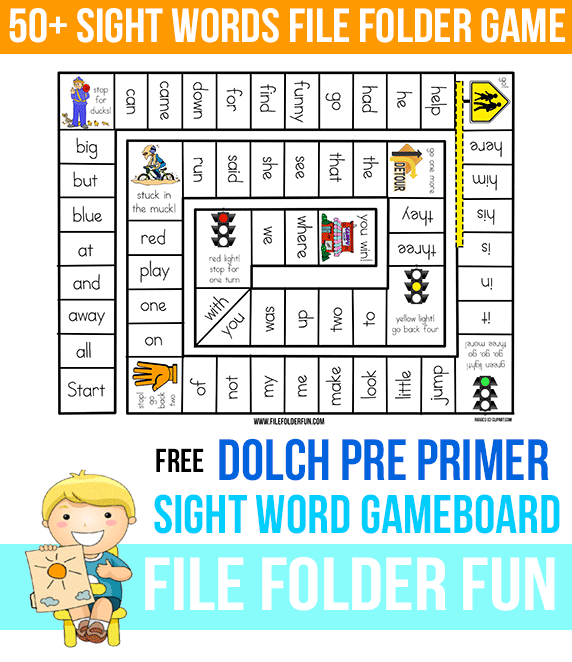
Wikki Stix or Pipe Cleaners
Build your sight words using Wikki Stix or pipe cleaners.
Beads
Practice your words by threading letter beads onto pipe cleaners to make each one.
Flash Cards
You’ll want a list of the words your child needs to learn so that you can make your own flash cards or buy them. Then tackle a few each day. When your child has learned a word, post it on a wall to celebrate. Soon you’ll have a wall filled with words they can read!
Bob Books
Bob Books are short leveled books that help children learn a few words at a time, practice those words in the books, and then move on to reading more. We found them to be a very helpful resource.
Sentence Cards
These are printable cards with a sight word and the sight word used in a short sentence. They don’t just increase a child’s sight word bank, they also improve reading skills too.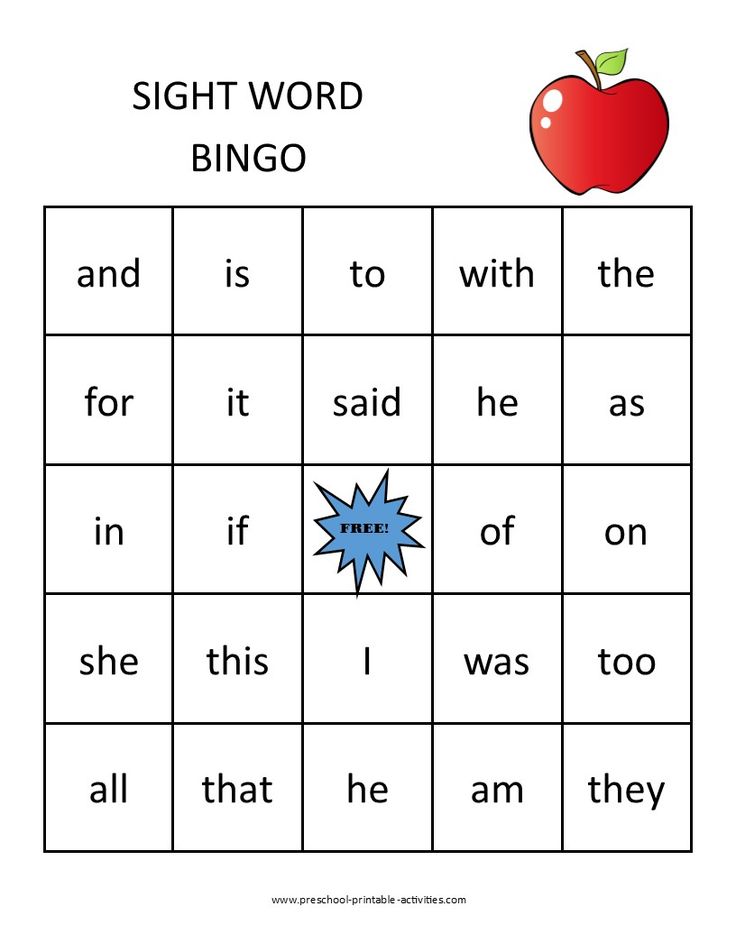
Printable Leveled Booklets
These are short, printable books that you can download for free or for a small price that are text controlled. In other words, you can choose the appropriate reading level with what specific sight words your child needs to learn.
Have other tips for how to help kids learn sight words? Share in the comments below.
26 Sight Word Games For Kids To Practice Reading Fluency
As students start their reading journey, they will come across certain high-frequency words that they should be able to identify in an instant. There are plenty of fun activities you can implement in the classroom or at home to help kids get acquainted with these common sight words and become comfortable with using them.
Sight word games should be part of a daily routine to help them become second nature as kids move on from a basic reading level. Have a look at these awesome games to get students ready to read fluently in no time!
1.
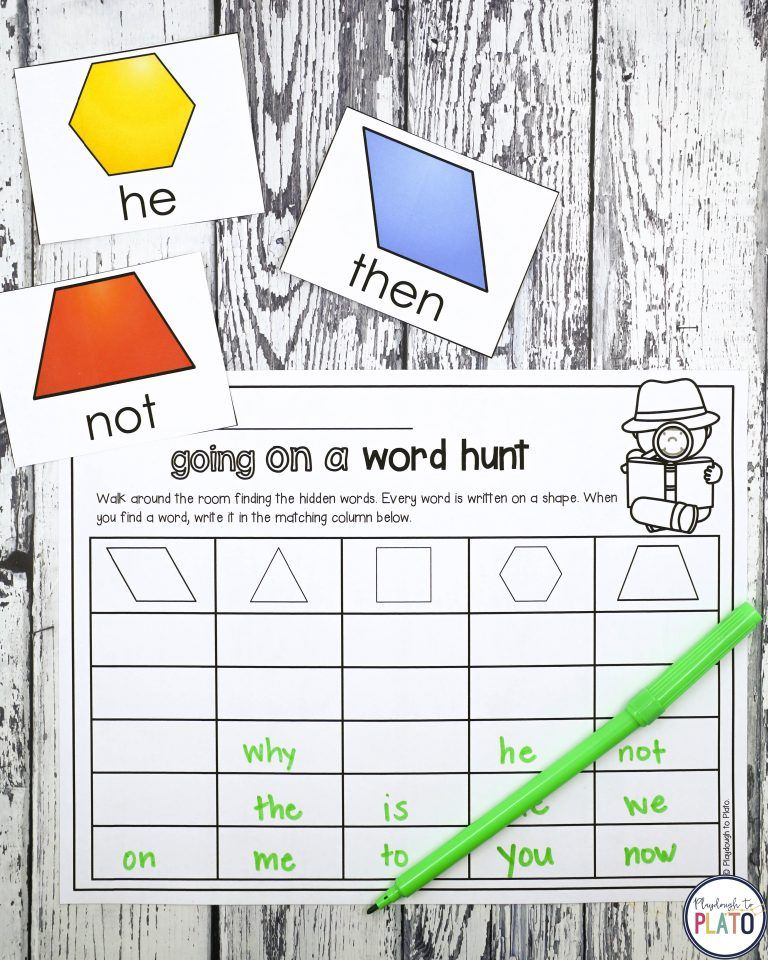 Wear a Crown
Wear a Crown Use a free printable template to give students a crown with a sight word on it. They can go around to their friends and read out each other's words and make sentences with them for extra practice.
Read more: Mrs Jones Creation Station
2. Make sentences
Place sticky notes around the house on a variety of objects. As kids find them around the house they can create sight word sentences on the go. It's a great game to play on an ongoing basis.
Read more: Kinney Pod Learning
3. Fly Swat Game
This game is classic and incredibly effective in its simplicity. Write sight words on a blackboard and hand 2 students a fly swatter each. Call out a word and have them race to the board and see who can swat the word correctly, first.
Read more: English Azerbaijan
4. Pancake Flip
Write some basic sight words on round cardboard cutouts and let kids flip the "pancake" as you call out the words.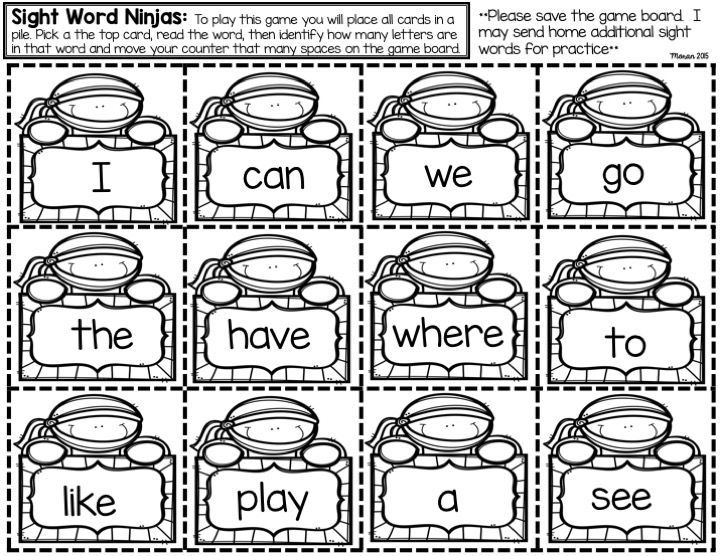 It's great for word identification and even helps with fine motor skills as little hands try to use a spatula for flipping.
It's great for word identification and even helps with fine motor skills as little hands try to use a spatula for flipping.
Read more: Play Dough to Plato
5. Treasure Hunt
Write a couple of words on paper and place them in a tray. Cover them in colored salt or sand and let the students hunt for the correct words. They use a paintbrush to uncover the words and find the hidden treasure.
Read more: Love for Little Learners
6. Sight Word Ball Games
Write the words on some ball pit balls and lay them out on the floor. Have kids do some gross motor activities like hip, twirl, or jump to the ball with the right word on it. They can even try to throw the ball at a target if it is safe.
Read more: Preschool for You
7. Start a Band
All kids love banging away aimlessly on some pots and pans. Use sticky notes to put some sight words on your kitchenware and let the kids bang on the correct words as you call them out.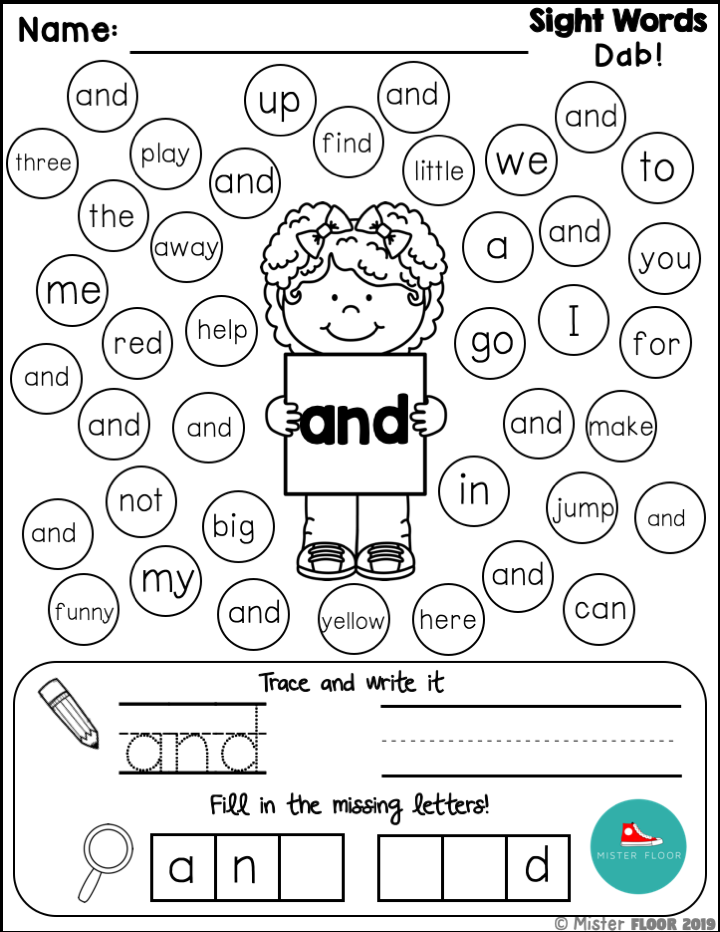
Read more: Early Years with Mrs G
8. Sand Writing
This is one of the best sight word activities with only a few supplies. Put some salt or sand in a tray and write sensory words on cards. Kids need to trace the words in the sand or salt and work on their reading skills by reading them out loud.
Read more: Make it Multi-Sensory
9. Sight Word Monster
Get creative by building a sight word monster from a used tissue box. Kids can identify the words on the flashcards and feed them into the hungry monster's mouth.
Read more: EC Play and Learn
10. Sight Word Kaboom
Students take turns picking sticks with sight words on them. Once they draw a "kaboom" stick they must return it to the cup. The student with the most sight word sticks at the end wins the game.
Read more: Gine York on Pinterest
11. Rainbow Words
Using bright colors to write words is a great way for kids to remember them better.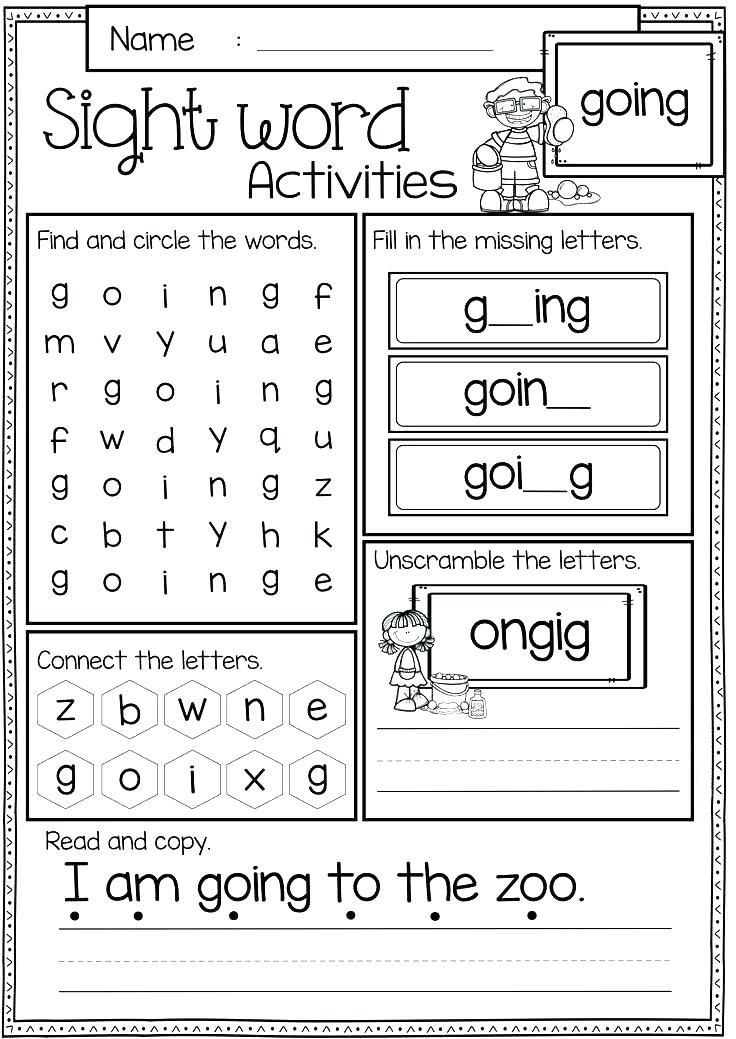 Print out a fun blank rainbow template and let kids repeatedly write sight words in rainbow colors.
Print out a fun blank rainbow template and let kids repeatedly write sight words in rainbow colors.
Read More: My Little Pandamonium
12. Word Counter
Put up pieces of paper around the classroom with sight words written on them. The words should be repeated as students will walk around and tally up how many times they encounter each word.
Read more: Reading Corner Online
13. Build Your Own Words
This is one of the many fabulous hands-on activities that can be done with lego blocks. Use an erasable marker to write words and letters on the blocks and let kids build the words on their own.
Read more: Ray's In Kinder
14. Find a Parking Spot
Little hands that love racing cars around will enjoy this easy game. It works best with an individual child and can be done over and over with new words on each sheet of paper.
Read more: Ms Benders Classroom
15.
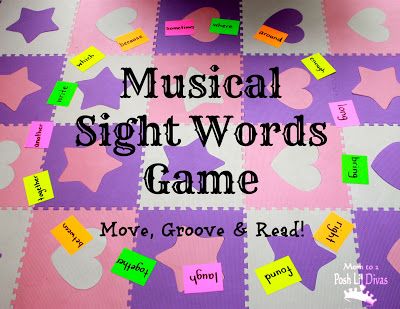 Window Writing
Window Writing It's not every day that kids get to write on windows, let alone be encouraged to do so! Let the class students write the sight word of the day on a window each day as they get to class.
Read more: Kindergarten Matters
16. Secret Message
When kids write with a white crayon on a blank sheet of paper, they can use watercolor paints to expose the secret words. It's great for kids with foundation reading skills who are still building confidence in a fun and creative way.
Read more: Teach Starter
17. Q-tip art
Beginner readers will enjoy this hands-on activity. They use a q-tip to put paint in the dots of this fun printout. It will also help them focus and take their time on the activity while strengthening their fine motor skills.
Read more: Teachers Pay Teachers
18. Keyboard Practice
Old keyboards or keyboard covers are wonderful resources to practice new words.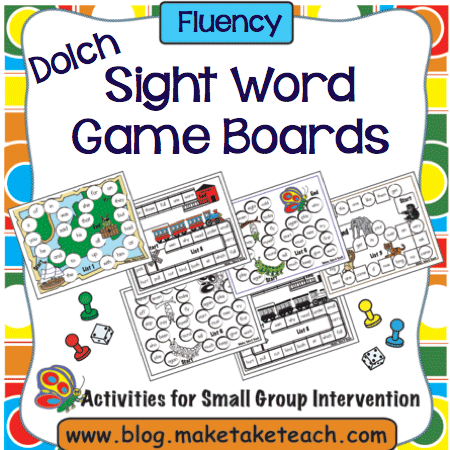 Students can type words or complete sentences from the cards you provide. This is one of the fast-paced challenges that will help kids improve their typing skills too.
Students can type words or complete sentences from the cards you provide. This is one of the fast-paced challenges that will help kids improve their typing skills too.
Read more: Life Between Summers
19. Teacher Wears Words
This is a great activity for a busy teacher looking to incorporate games throughout the day. Wear sight words pinned to your shirt and change them as the day goes by. Students have to read the word every time the teacher approaches them.
Read More: The Primary Partner
20. Hopscotch
Draw some hopscotch blocks on the ground and add the sight words to the shapes. Students get to be active and have fun while learning to read these words quickly as they jump through the course.
Read more: Where the Literacy Grows
21. Take a Cakewalk
Cakewalk is another fast-paced reading challenge where kids walk around until the music stops. Call out one of the written site words and the student standing on that word wins the round.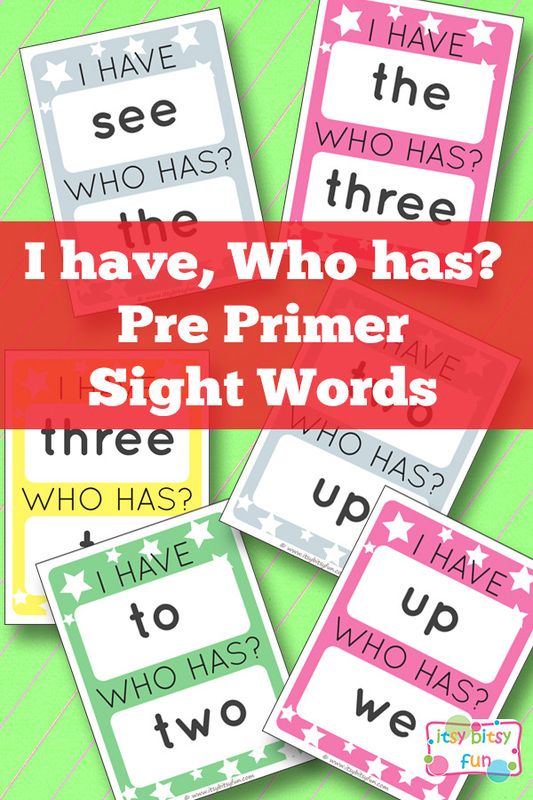 Kids will love being silly to the music and playing outside.
Kids will love being silly to the music and playing outside.
Read more: Joyful In Kinder
22. Sight Word Bowling
A few blowing pins in your arsenal is always a winner. Write some sight words on the pins and have students roll a ball to knock down the words you call out.
Read more: The Creative Teacher
23. Target Practice
Kids will go crazy to have a go with the NERF gun. Stick some sight words on a target and let kids take turns to shoot at the words and try to hit the targets.
Read more: Lauren's Lil Learners
24. Muffin Tin Game
This is another fun hand/eye coordination game to learn sight words. Write words on the inside of cupcake wrappers and put them in a muffin tin. Let your child toss a little ball or rock into the correct wrapper as you call them out loudly.
Read more: Fun With Linda
25. Sight Word Checkers
This classic board game can quickly be earned into a fun game to learn sight words.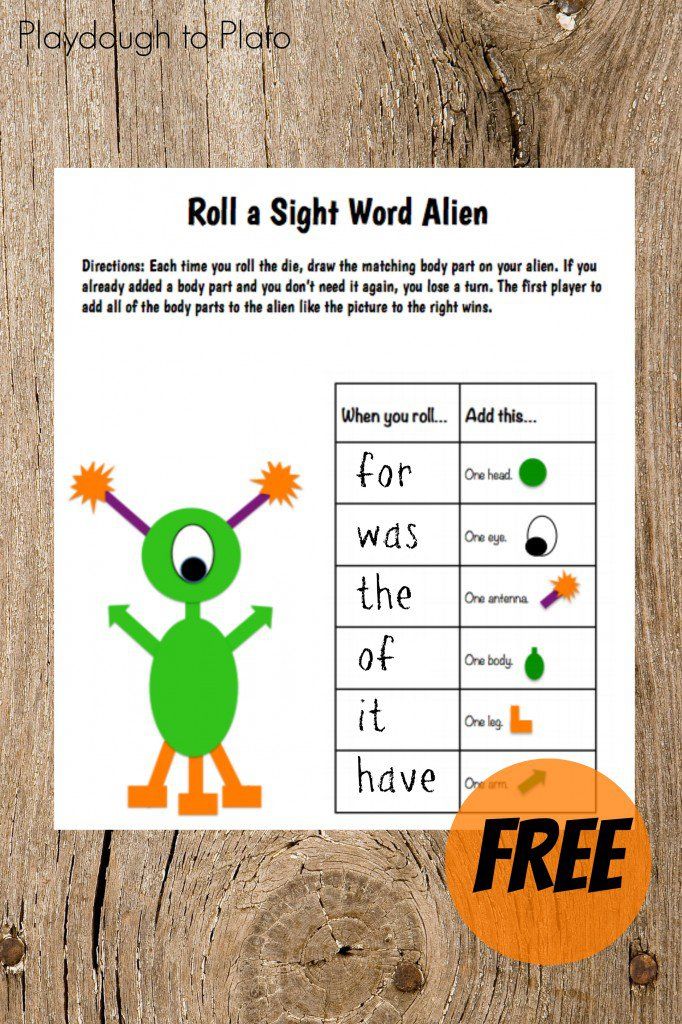 Print out a board or write words on a board you have and let students read out the words as they move around the board.
Print out a board or write words on a board you have and let students read out the words as they move around the board.
Read More: My First Grade Adventures
26. Sight Word Guess Who
This is another of the classic board games that never gets old. CHange out the traditional images with sight words and print out some clue cards. Once you set up this game you can play it for a long time to come.
Read more: Teaching Mama
Top 10 word games with children • Ursa Major School of Parenthood
The game is for joy. And the game that pleases, in itself, often provokes the development of the child much more than a specially organized educational game. Zhenya Katz tells how to play with letters and words to make it fun.
Riddles
Very many games that develop verbal or sound thinking are oral. You can think of a certain object, but answer the question only “yes” or “no”. Let's say I guessed what is on my table.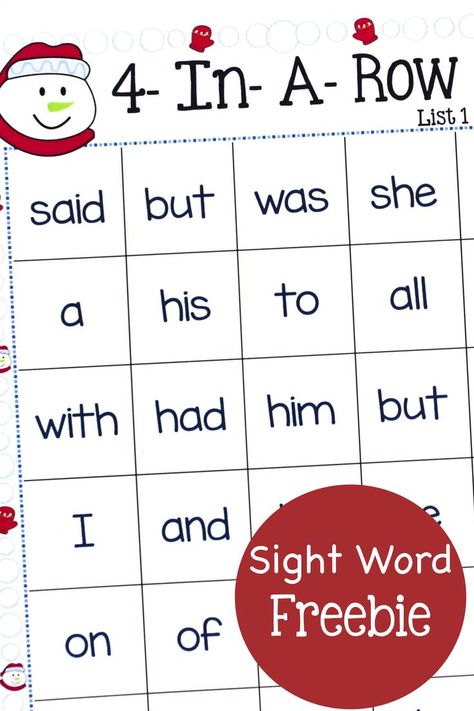 And the child starts asking:
And the child starts asking:
− Is it big?
I say:
− No.
− Is it larger than a glass?
- No.
− Is it square?
- Almost.
− Is it iron?
- No.
− Is it wooden?
- No.
− Is it rubber?
− Yes.
− Is it black?
- No.
− Is it white?
− Yes.
− Is that an eraser?
− Yes, it's an eraser. You guessed it, well done. Now you tell me, and I'll ask.
You can guess some simple things and suddenly it turns out that it is not so easy to guess them even for an adult, although the hidden object is completely simple, everyday.
You can make word riddles. But not classical, folk, which everyone knows and which are printed in collections: a girl is sitting in a dungeon, and a scythe is on the street. Modern children have not seen how carrots grow, so they cannot guess what kind of scythe it is on the street, why the girl is sitting in a dungeon and why this has to do with carrots. That is, they are ready to learn both this text and this answer.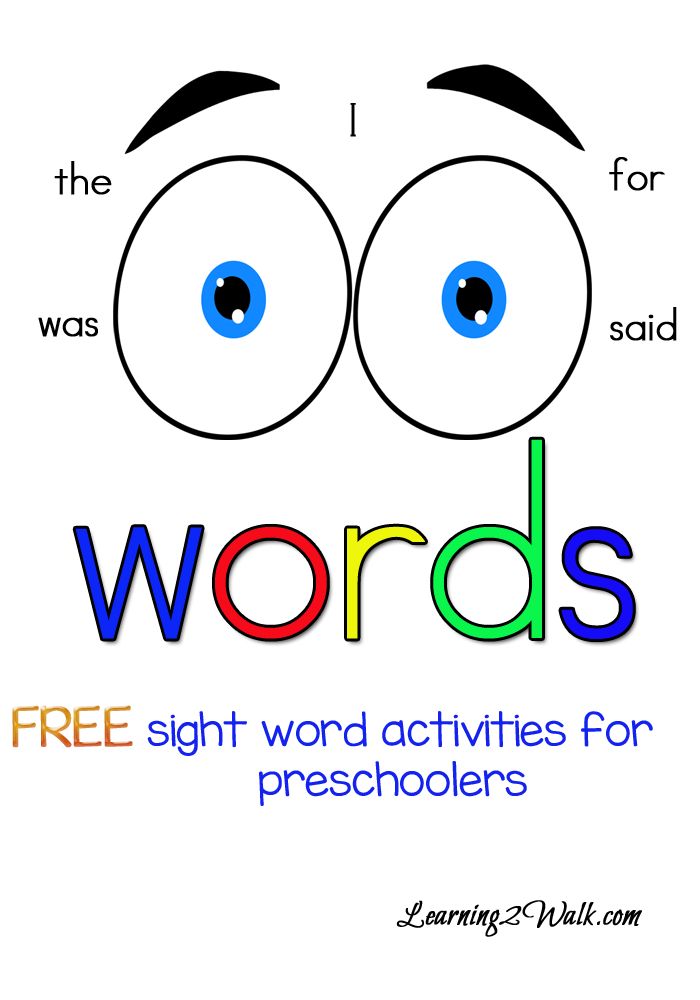 But they cannot correlate, they did not see it, this is not an easy metaphor.
But they cannot correlate, they did not see it, this is not an easy metaphor.
By riddles, I mean something completely different. You can describe an object by naming several of its features, giving a definition. For example, a beast that meows.
- I thought of a striped beast that eats grass.
Child says:
− Tiger?
- Not a tiger. The tiger does not eat grass. And this beast also has hooves and a mane.
− Aaah, a horse!
− Striped!
Or I can say:
− Yes, only the name of the beast begins with the letter "z".
- Striped horse on the "z" ... Aaah, a zebra!
Or I can say:
- Sour, yellow and oval.
Child:
− Oh, I know it's a fruit.
− Yes, fruit. Which one then? It is also put in tea.
− Yeah, yellow, lemon!
Or:
- Red, round, put in a salad.
I could mean a tomato, and the child says, "Radish." Great, that's fine too.
It is useful to come up with such riddles. Nothing less useful than guessing.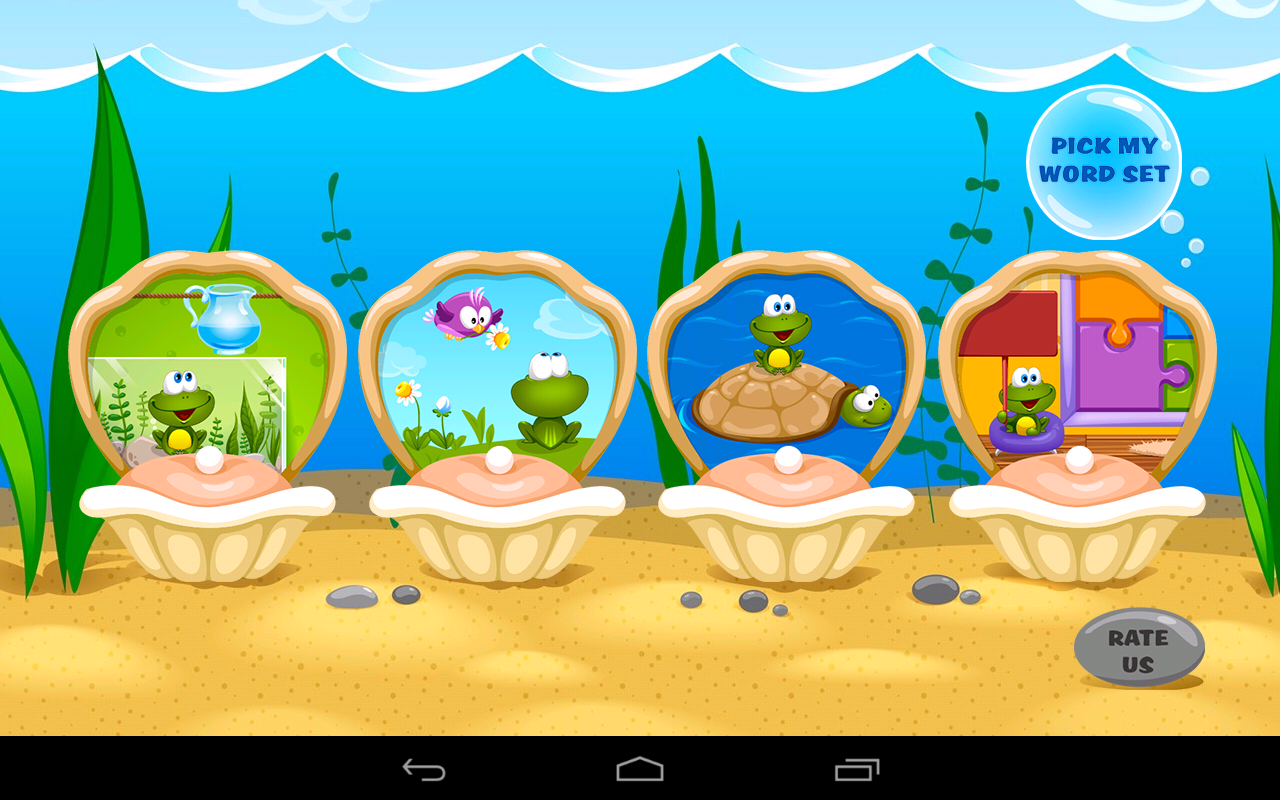
Tongue twisters and poems
It is not so easy for an adult to pronounce them. Therefore, if you play tongue twisters with your child, start with yourself. Try to say it yourself quickly and quickly and show the child how you practice, how you train, how you learn it.
You can play with some verses: you start, and the child remembers the right word at the end.
− Where did the sparrow have lunch? At the zoo,…
− … animals.
While the child remembers the right word, you can offer funny options.
- Stayed with a rhinoceros, ate bran ... the road.
- No, - says the child, - not the road.
− What is it? From the threshold.
− No-no, not from the threshold.
− What?
− Not much!
Extra word
You can also play - name some groups of words and guess who is extra. Significantly, there can be multiple correct answers in this game. You can play it on the go, invite your child to come up with such riddles.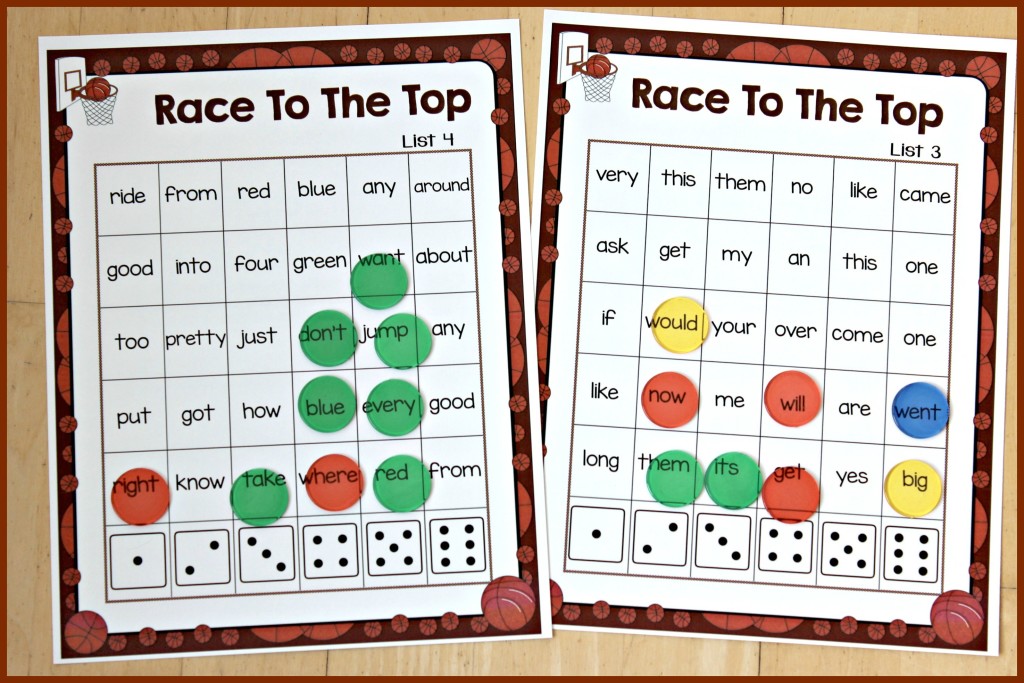 But it is important that he explains his decision. For example, I can say: "bus, tractor, trolley bus, tram." Which of these words is redundant? Someone can say that the bus, because it is on the "A", and all the others begin with the letter "T". Someone will say that the tram, because only he goes on rails, and everyone else does not. Someone will say that it is a tractor, because it is not public transport, but everyone else carries people. Do you understand? Any explanation is fine.
But it is important that he explains his decision. For example, I can say: "bus, tractor, trolley bus, tram." Which of these words is redundant? Someone can say that the bus, because it is on the "A", and all the others begin with the letter "T". Someone will say that the tram, because only he goes on rails, and everyone else does not. Someone will say that it is a tractor, because it is not public transport, but everyone else carries people. Do you understand? Any explanation is fine.
It is important that it is also useful for the child to come up with such problems. After all, only adults are always the bearers of the ultimate truth: first you guess, then the child. And this is not only a game, but also a process of communication. If you like to invent, then that's great.
Snowball
There is such a wonderful game "Snowball". It is both verbal and developing memory. One says:
- Cat.
Second:
− Cat, dog.
Third:
− Cat, dog, hare.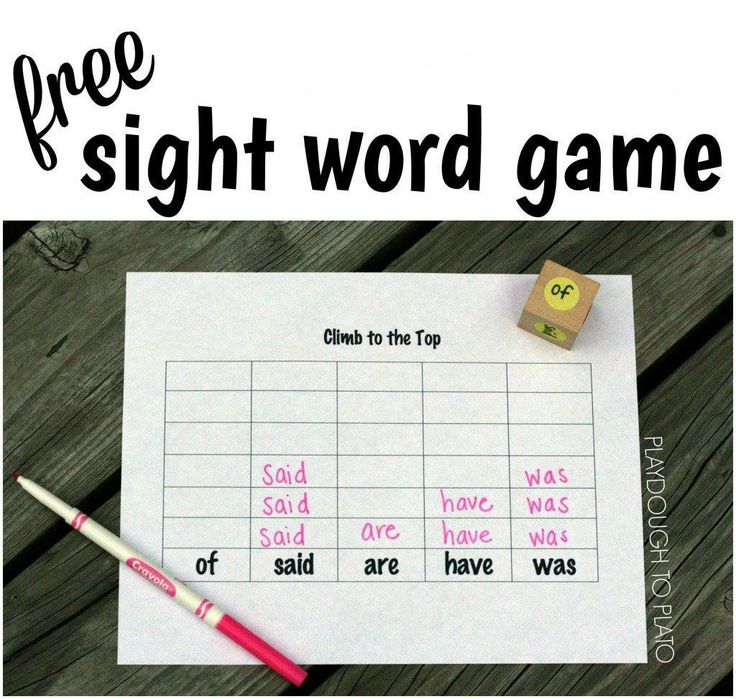
Fourth:
− Cat, dog, hare, tiger.
Any words can be spoken. There is also another version of this game. Let's say the first one says:
- I'm going camping and I'm taking a spoon with me.
Second:
− I am going camping and I am taking a spoon and a bowl with me.
And so on. Everyone adds their own. But at the end, not at the beginning. That is, initially he must remember all the words that were said before him, then add his own.
When we play with a group of children, I suggest not only naming the words, but also, if someone has forgotten, you can prompt, but only with gestures.
You can name the first letter in each word, and this is also not so easy for some children. But when you have already done it, then some riddles are all one letter. For example, we think of all the words with the letter "M". I say:
- It's so big, with wheels, you can ride on it.
− Machine.
− Okay, then I'll make another guess with the letter "M". It's so tasty, cold and comes in a waffle cup.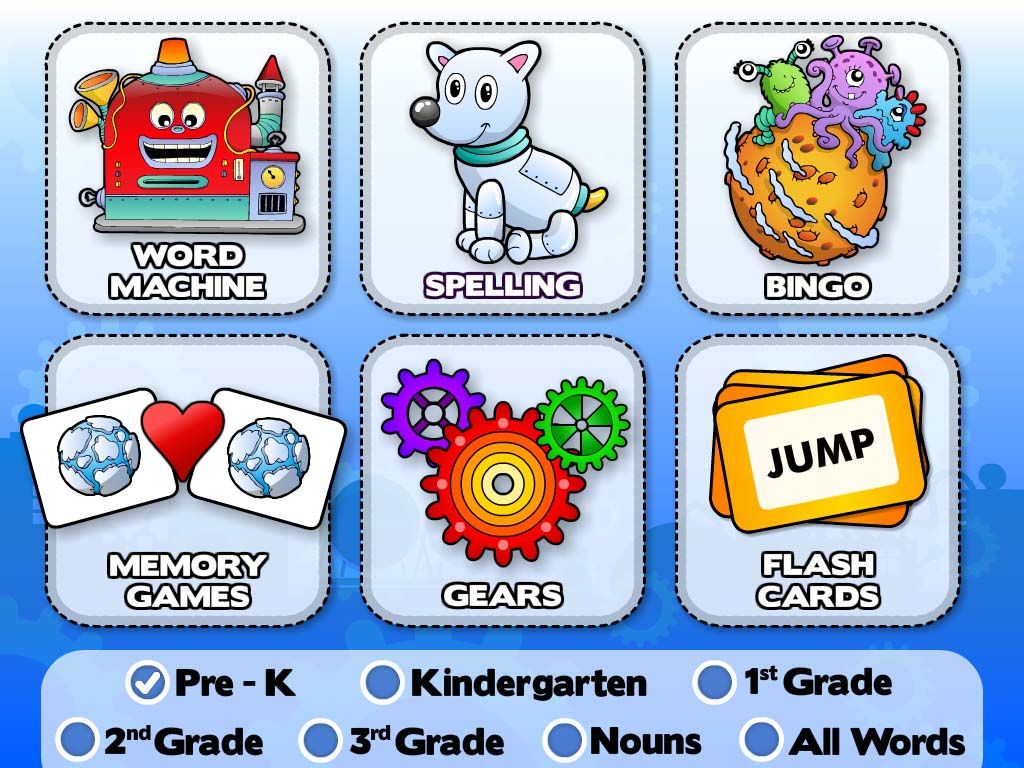
− Oh, that's ice cream!
− It's also so sweet and made by bees.
- Med.
− And now let's try to come up with something on "M".
And this is much more difficult: to come up with a word that begins with this letter, and then describe it - this is a serious job for a child.
Contact
This game is suitable if the child already knows what the first letter is and understands the definition: “this is such a beast that meows”. If he does not name the word itself, but pronounces the description, then after that it is already possible to play. I think many people know the rules, but I'll tell you again just in case.
Contact - a game for several people, you need at least 3-4 participants. The host thinks of a word and tells all the other players the first letter, for example "K". The rest of the players begin to come up with their own words that begin with "K", for example, one says:
- Isn't this the kind of animal that meows?
The host says:
− No, it's not a cat (if he really didn't think of a cat).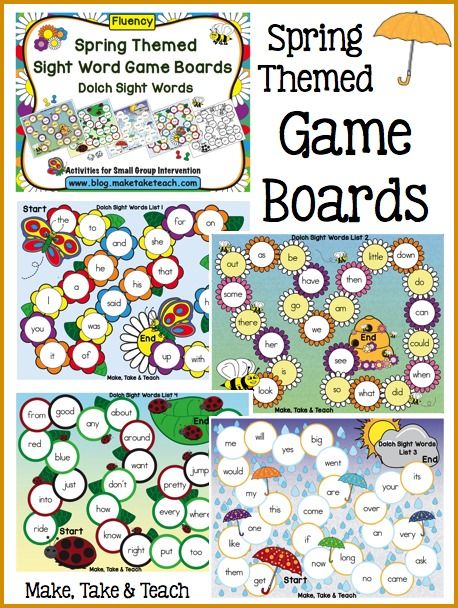
The other one says:
− Isn't he like that, Cheburashka's friend?
Host:
− Gena. No, wait, "K". It's not a crocodile.
And so all the players are trying to come up with such a definition that they understand, but the leader does not understand. And if suddenly they succeed, for example, one of the players says:
- She is sweet and is eaten boiled.
The host says:
- Porridge.
− No, she grows in the field, she is tall and has hairs inside her.
The host says:
− Oh, I don't know.
Then the rest of the players start counting: up to 3, up to 5 or up to 10, as you agree. And they say “Contact!”, And then they pronounce the guessed word in unison. If the one who gave the definition and the one who said “corn” agreed, then the driver should tell them the next letter.
− All right, then I'll tell you the second letter. The second letter is "O".
And then all the players who guessed come up with “Ko”. And then, say, they came up with some other definition that the driver did not guess, then they already have three letters.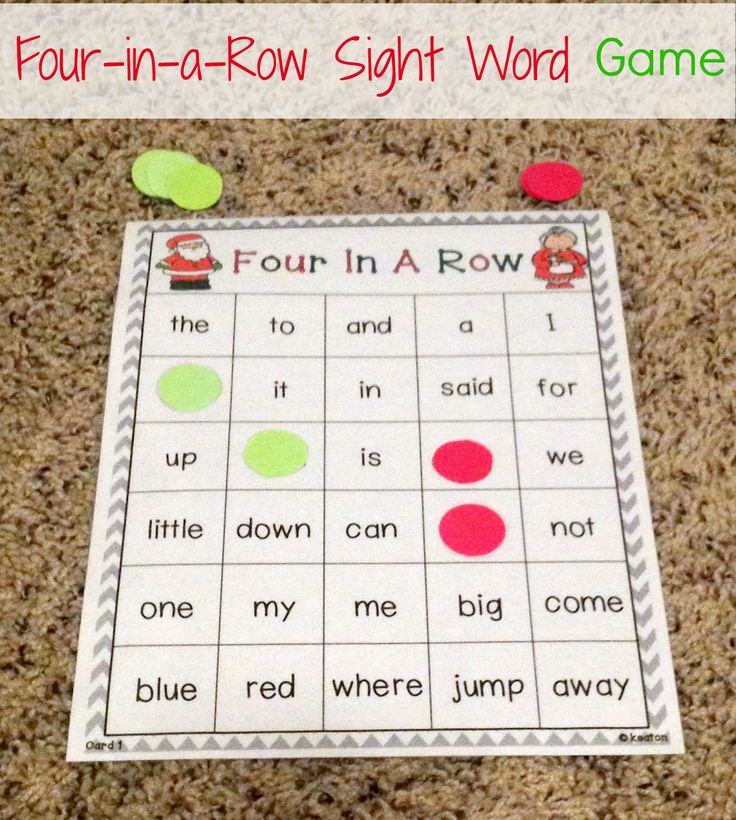 And so little by little they guess the word. And whoever guessed it in the end becomes the next driver.
And so little by little they guess the word. And whoever guessed it in the end becomes the next driver.
This game is not as easy as it might seem - it can be difficult even for adults to play it. But if you are not in a hurry, do not try to beat the child without fail, then the game process will give everyone pleasure.
If you don't try to measure who won and who lost, then it works quite well. For example, it allows you to find out how words are spelled. It can be very funny to play with children, they come up with non-trivial spelling and do not always understand which letter is next in the hidden word.
Kuzovok
There is a similar game when it is not the beginning of the word that is important for us, but the end: everything starts with “-ok” - “Kuzovok”.
“Sasha walked into the woods, took a box truck with him.
What's on "-ok", puts everything in a box.
And we tell the child that a box is such a basket
− I found a fungus and put it in a box.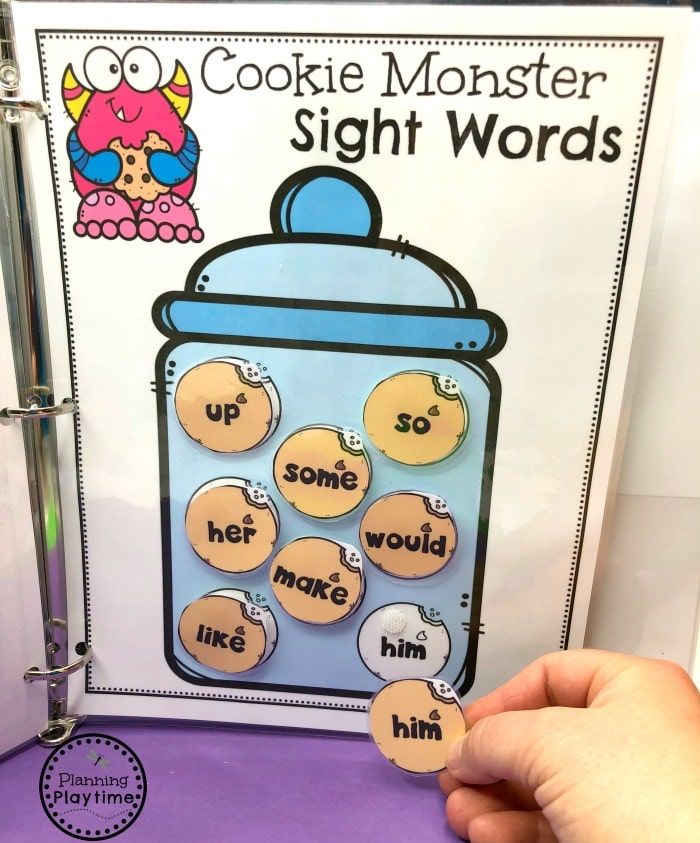
You can draw and sculpt everything you find.
− What else can be put in the container?
- Leaflet (put in box).
− What else?
- Boot.
− All right, that's fine.
Chain of words
Many people play cities when they think of a city with the last letter, but cities for young children are too difficult, they do not know so many names. Therefore, you can play with ordinary words. And I say, for example:
- Cat. What is its last letter? "T". So, now you need to come up with a "T". Come on.
- Tractor.
− Yeah, then I'll come up with an "R". I say "rukaV", come on, let's think about what his last letter is?
And here comes an interesting thing. The child says:
- "F"?
I say:
− You know, this can be checked. Let's think, the jacket has one sleeve, and if there are many? Two sleeves. We say "two arms" and not "two arms"
The child agrees:
− Of course, armVa.
- Great, now you know.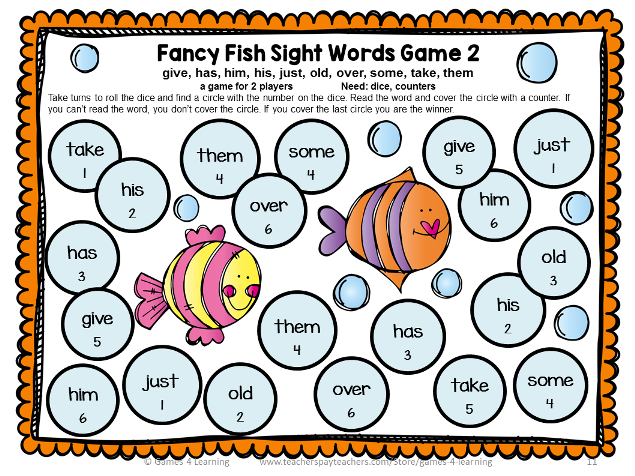 The sleeve is the last letter "B". See, we checked it out.
The sleeve is the last letter "B". See, we checked it out.
It is absolutely not necessary to say that later you will learn this at school. And this is a great way to understand, to check which letter to write.
Hidden letters
I guess some letter, and then the children suggest words, and I say if this letter is there, and if so, how many times it occurs. For example, they say:
− Cat.
I answer:
− There is no such letter, none.
Children continue:
- Mountain.
I confirm.
- One.
They say:
- Pineapple.
Me:
None.
They say:
− Fish.
Me:
− One.
And then they can already guess what letter it could be. For example, now I thought of "R".
Or you can ask the child to think of a letter, and then it will be his turn to try to understand which letters are and which are not. And this is a pretty serious analysis.
Author: Zhenya Katz, educator, author of the method of playing teaching children
Series of online lectures "Play and Children"
Watch the free open lesson "Play and Children" with Zhenya Katz.
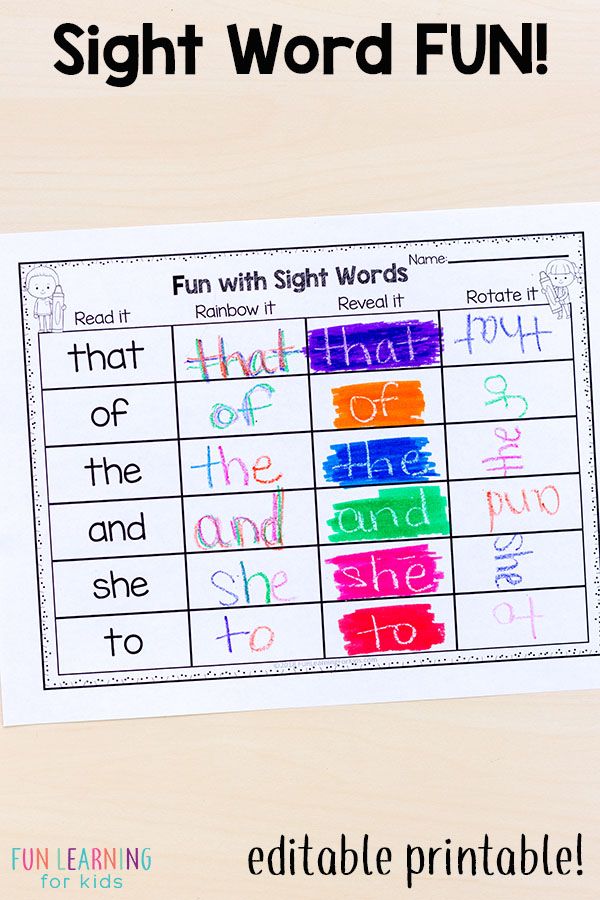
Word game for traveling with kids: 15 best options
In the summer we always go somewhere. To the cottage by car, on vacation by train or plane. If you have children with you, there must certainly be games at the ready that you can play right without getting out of your chair. How about word games? How much do you know?
Tatyana Kolobova
1. "Twins" (Doublets)
It is said that the game D oublets was invented by Lewis Carroll, the author of Alice in Wonderland. It is not difficult to play it, besides, this game perfectly trains the skills of recognizing vowels and consonants.
Rules: select a word (from three to five letters) and change only one letter in it. For example: t umba - r umba, m uk - r eka. Then we change the letter in the second word again, it turns out: t umba — r umba — z umba (dance), r uka — m ukamu r a.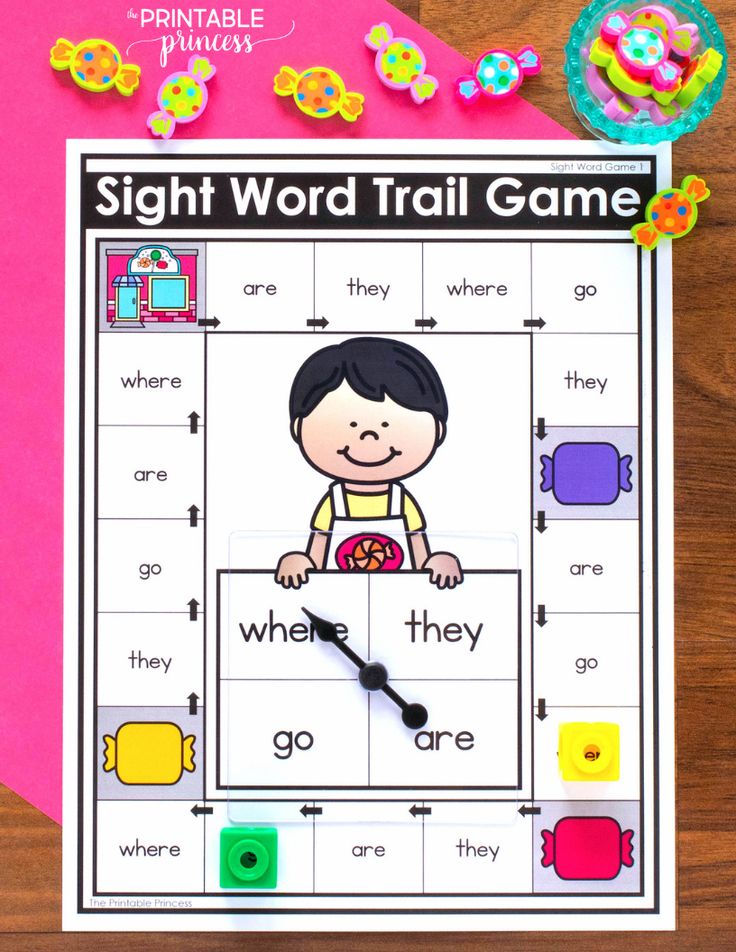 Next, we try to extend the chain. Whoever has the longer one wins!
Next, we try to extend the chain. Whoever has the longer one wins!
Let's complicate: we take words of 6-8 letters and play by the same rules.
2. Cities
Everyone seems to know this game. What could be easier? But options are possible.
Rules : the first player revs the city, the next must match the name of the city with the last letter of the previous one: Moskv a - A shkhabad. The disadvantage of this game is that the cities with the letter A will end pretty soon. In this case, you can switch to the game "Cities and Countries" or "Cities and Rivers" . By the way, you can also play with an atlas in your hands, because children do not know so many geographical names. And with the atlas it is convenient, informative and useful!
3 Hidden word
The hidden word is the beginning of an exciting game that never ends.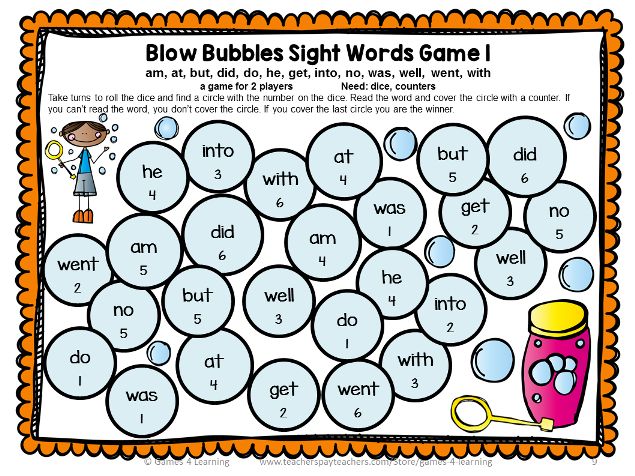
Rule: take a word and come up with a code for it: there should be one sentence for each letter of the selected word, and the sentences must be connected in meaning. You can play in teams or each for yourself, the one whose cipher will be the most logical in meaning wins.
For example, choose the word "Potato". The cipher can be:
K each A R R recognizes T smart O fields Sh rokogo K upola A atmosphere
It is not so easy to come up with a coherent text for a random selection of letters. Sometimes the cipher texts turn out to be very funny, but in any case it is interesting to play!
4. Spy encryption
Come up with your own version of the letter cipher and write a secret message. Give the "key" of the cipher to the other players and offer to quickly decipher your message.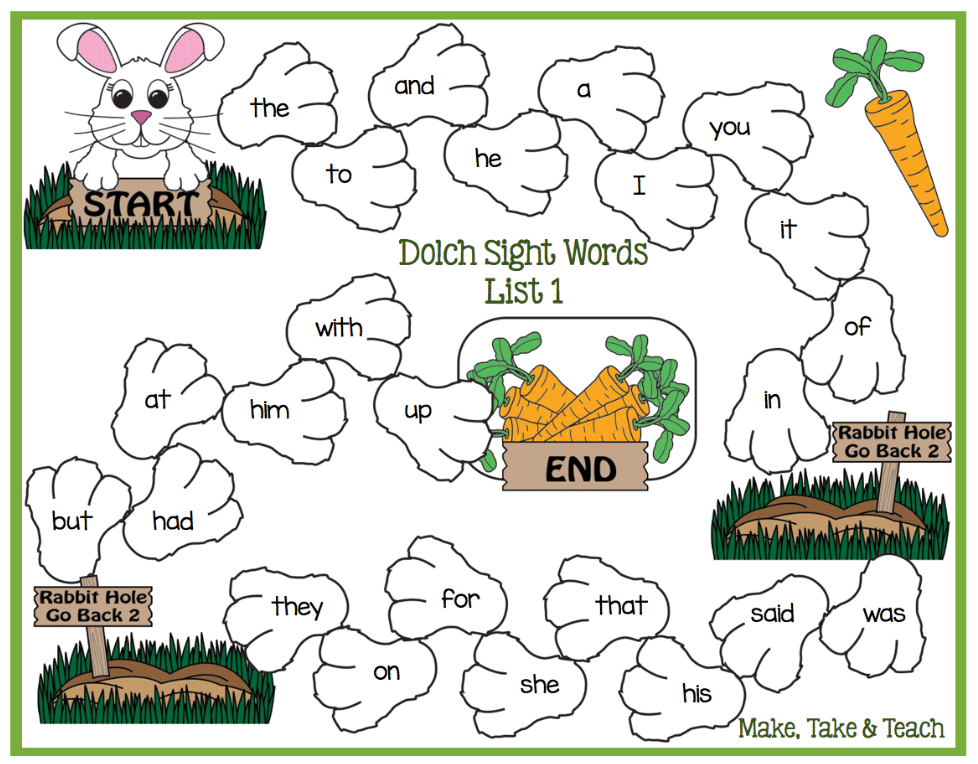 The “key” can be, for example, as follows: each letter corresponds to the next letter of the alphabet in order: A=B, B=C, and so on. The word "hello" in this case will look like this: RSKGEU.
The “key” can be, for example, as follows: each letter corresponds to the next letter of the alphabet in order: A=B, B=C, and so on. The word "hello" in this case will look like this: RSKGEU.
5. Guess who and what?
Depending on the complexity of the hidden word, the game can be suitable for any age.
Rules: the host thinks of a word. If you play "Guess it?", it can be a historical character, a fairy-tale hero, a mythical character, a cartoon or movie hero, one of the people everyone knows (family member, classmate). If you play "Guess who?", then you agree in advance what the hidden word refers to (a household item, an animal, a natural phenomenon, or something else). Next, the participants in the game ask leading questions to which the leader can only answer “yes” or “no”. The player who guesses the word first wins.
6. Who am I?
Variation on the theme of the game "Guess who and what?"
Rules: Each player writes a word on a self-adhesive piece of paper that can mean an object, phenomenon, person, character of a fairy tale, movie or cartoon, and sticks the piece of paper on the neighbor's forehead.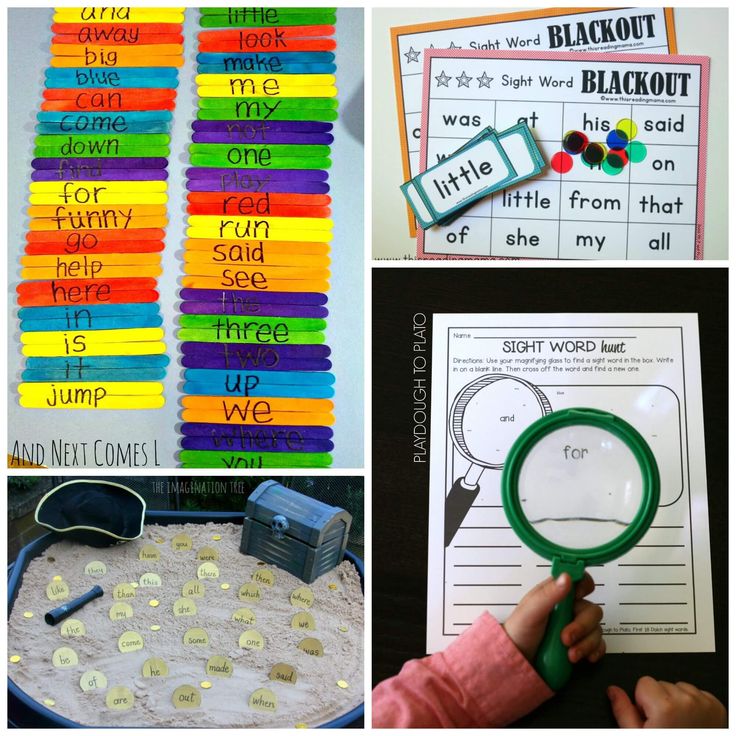 Thus, the word is seen by all participants in the game, except for the one who has this word on his forehead. Each player, in turn, can ask those around him any questions about himself, the answer to which can only be “yes” and “no”. The winner of the game is the one who discovers "who am I" first. The game continues until all players have guessed themselves.
Thus, the word is seen by all participants in the game, except for the one who has this word on his forehead. Each player, in turn, can ask those around him any questions about himself, the answer to which can only be “yes” and “no”. The winner of the game is the one who discovers "who am I" first. The game continues until all players have guessed themselves.
7. Crocodile
Good old game for a fun company of children and adults.
Rules : Players are divided into two or more teams. The host chooses (or the players themselves nominate) one candidate from the team, to whom, in secret, the host tells the word, which he must demonstrate to his team in any way. Pantomime, antics and jumping, waving arms and any grimaces are allowed. It is not allowed to pronounce and even articulate the hidden word without sound, write, draw, pronounce consonant words. The players themselves decide how much time is given for an explanation, usually 1 minute.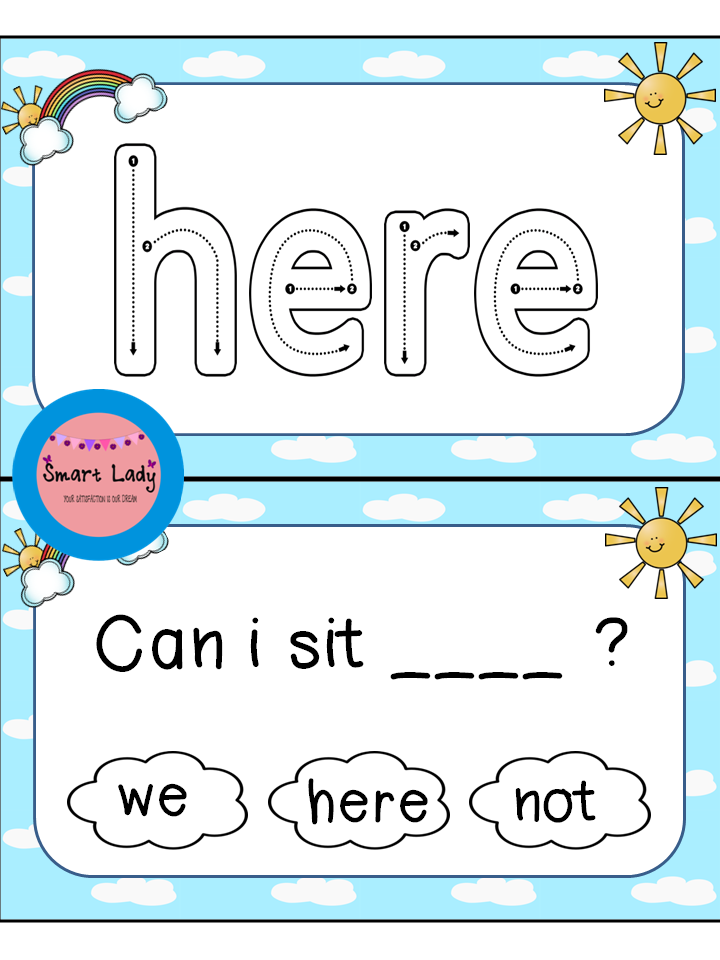
The older the players, the more difficult the host thinks of the word. How would you, for example, depict the word inflation?
8. Snowball
Great memory training game. Counselors in children's camps often use it to enable the guys to get to know each other and remember the names of everyone in the squad.
Rules : In clockwise order, everyone begins to give their names. When all the names have been sounded, on the second round, each participant calls his name and the name of the neighbor on the right, for example: Natasha, Slava. The next player says his name and the previous two, and so the snowball of names grows until someone makes a mistake. If the company of players is small (for example, a family is traveling in a car), you can add funny unusual nicknames to patronymic names that everyone comes up with.
9. Diagonal
Game with pen and notepad.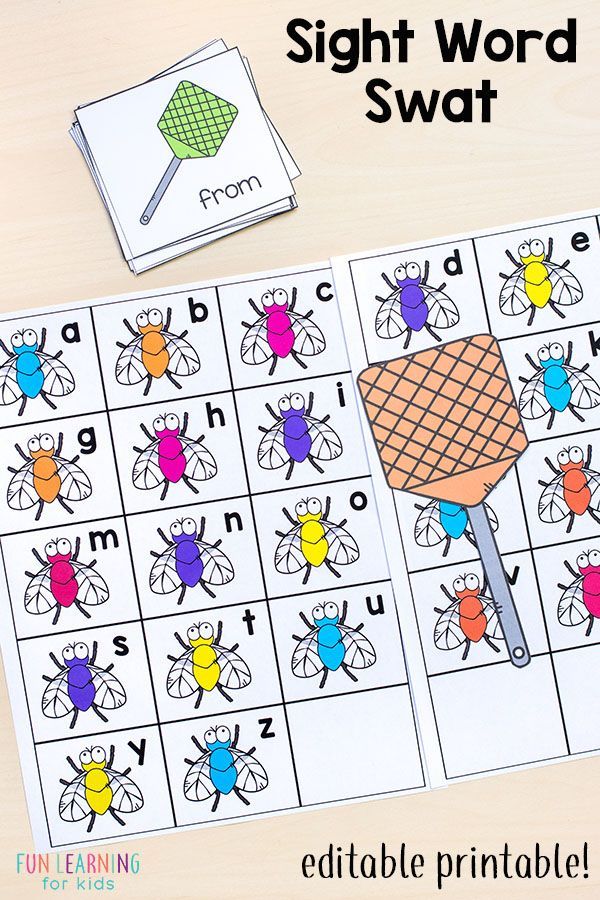 It is possible - for a while.
It is possible - for a while.
Rules: draw a square of 7x7 cells on a notebook sheet or in a notebook. Diagonally write a 7-letter word, for example - CARABAS. Passing the notebook to each other, each participant must enter the word horizontally in such a way that the already existing letter becomes part of it.
10. Bag of associations
This game is good to play with family or close friends or relatives.
Rules: each player writes on a piece of paper a word with which he has some memory, association or story associated. The papers are folded and placed in a bag. Then each player pulls out their piece of paper, quickly remembers and tells their story associated with this word. It is very unexpected and interesting when there can be completely different responses to the same word. And how nice it is to remember something long forgotten or to hear a story rolled out by a child that you did not even suspect!
11.
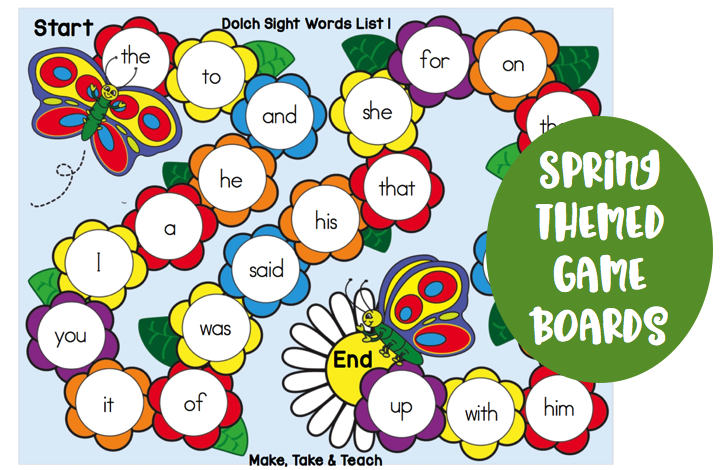 Nonsense
Nonsense Children aged 5-10 adore this game precisely because real nonsense comes out in the process and you can laugh heartily.
Rules: Each participant whispers any made-up word in the neighbor's ear. The host (preferably an adult) asks everyone a question, the answer to which will be the very word spoken in the ear. For example: - What did you eat for lunch today? — Cat. - Where do you live? - In car.
The next leader is the one whose answer turned out to be closest to reality - that is, NOT nonsense .
12. Edible-non-edible
An attention and reaction game for toddlers and younger teens.
Rule : do the guys stand or converge in a circle, the leader holds a small ball in his hands and throws it selectively by the players? Saying the word at the same time. The “edible” player must catch, the “inedible” should be discarded.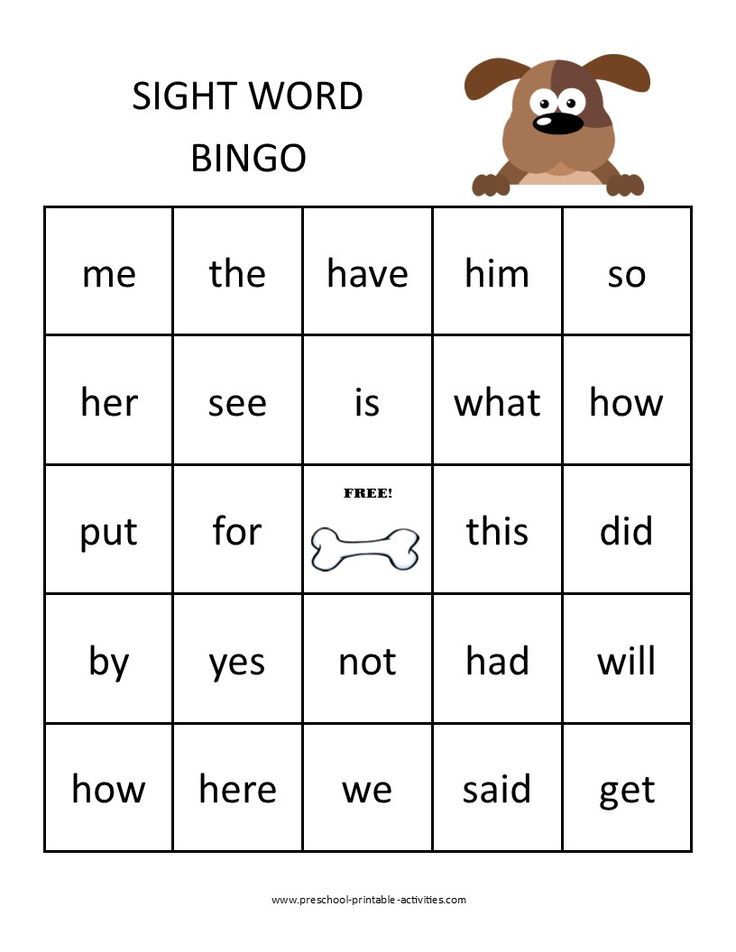 There are many variations of this game. For example, about animals: "Flies, crawls or swims." We agreed that we catch everyone who flies, which means that there is no need to “catch” the rest. You can play different objects in the same way, classifying them according to some attribute.
There are many variations of this game. For example, about animals: "Flies, crawls or swims." We agreed that we catch everyone who flies, which means that there is no need to “catch” the rest. You can play different objects in the same way, classifying them according to some attribute.
13. Contact
A very gambling game in which, if you play with children, it is very easy to forget yourself and start pulling the blanket over yourself, preventing the children from understanding what's what.
Rules: the host thinks of a word and tells the rest of the players only the first letter. For example, this word is "zebra". Each of the players comes up with his own word with the letter Z called by the leader and tries to explain it to others using gestures and pantomime (without words!), what exactly he was thinking, without naming it. If one of the players understood what the word was intended by the one who explains, he says "There is a contact!" and both (the one who explained and the one who responded) start counting down aloud from 10, and then each say their own word at the same time.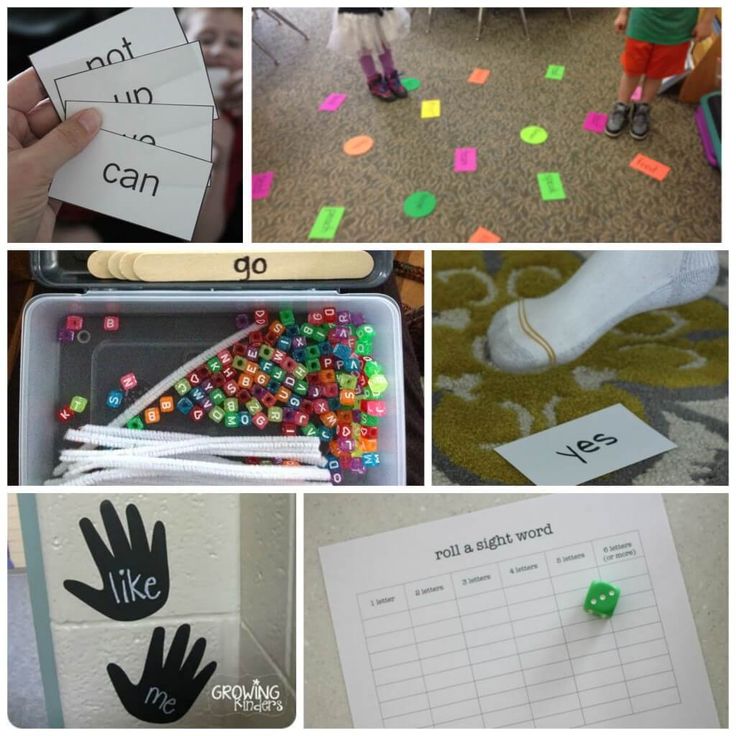 Matched - the host calls the players the second letter in his word and the game continues, only now the players need to invent and explain the word with the initial letters Z and E already set. In case the word does not match, the players continue the game.
Matched - the host calls the players the second letter in his word and the game continues, only now the players need to invent and explain the word with the initial letters Z and E already set. In case the word does not match, the players continue the game.
14. The pile is small
A useful game for developing imagination. It is very good for children who have difficulty with presentations and essays. But - alas - it is not suitable for those who have not yet learned to read.
Rules: All players take turns throwing words that come to their mind - any, not just nouns. The facilitator writes them down on a piece of paper in a chaotic manner, trying to fill the entire sheet, while leaving “air” between the words. Then each of the players takes turns picking up a piece of paper and connecting 5-6 words with a line that can become the basis of a sentence, invent and voice it. The next player chooses his 5 words and the game continues until the last player has no words left for a coherent sentence.